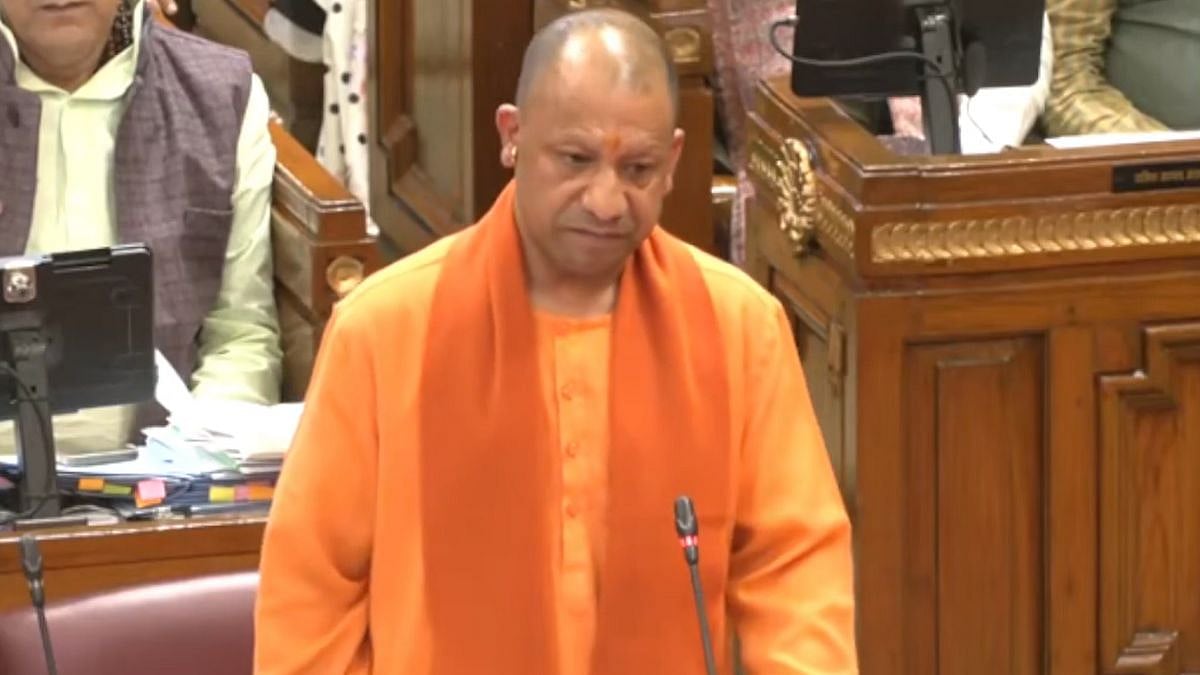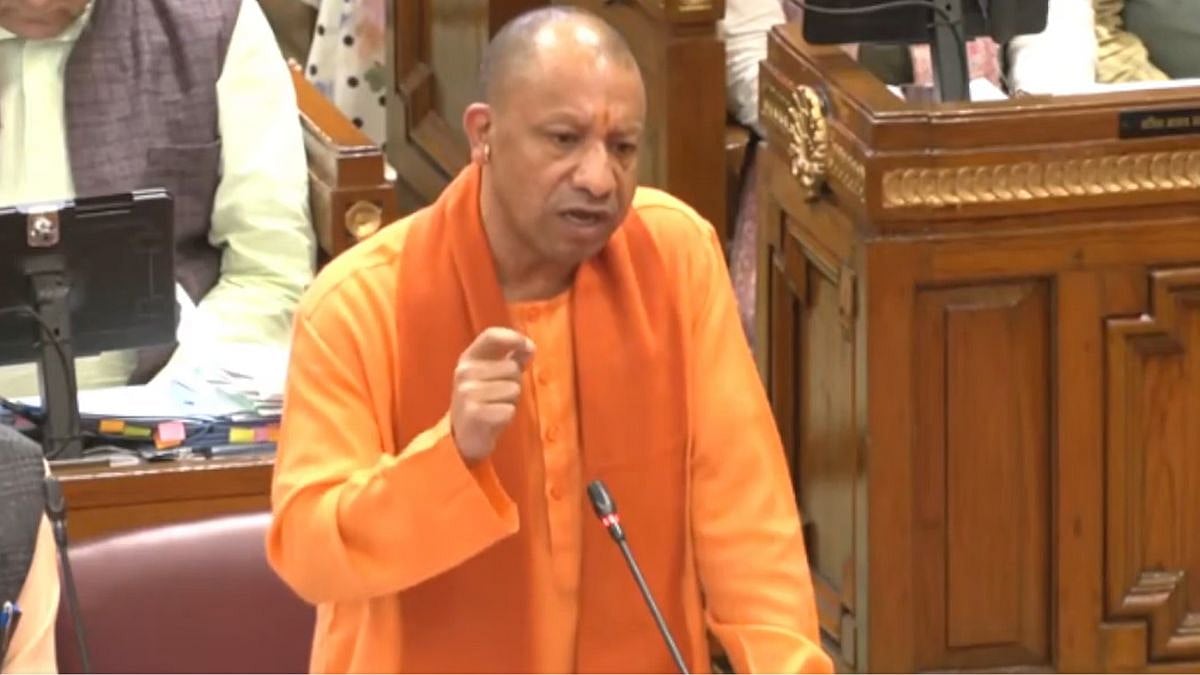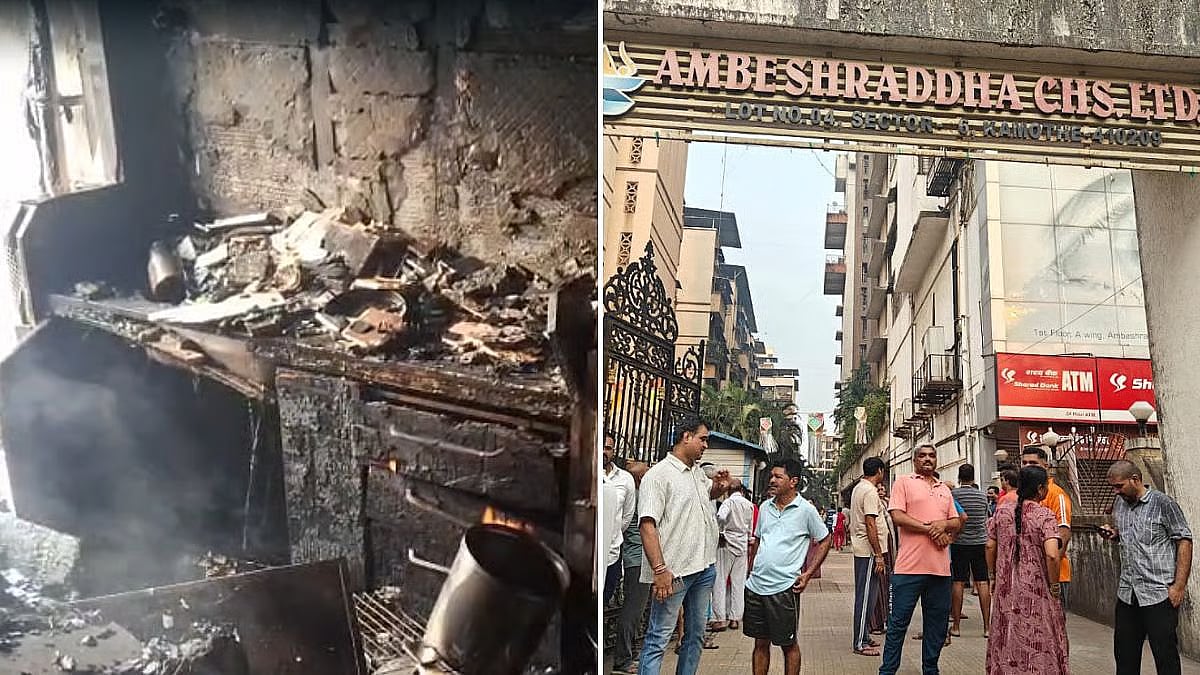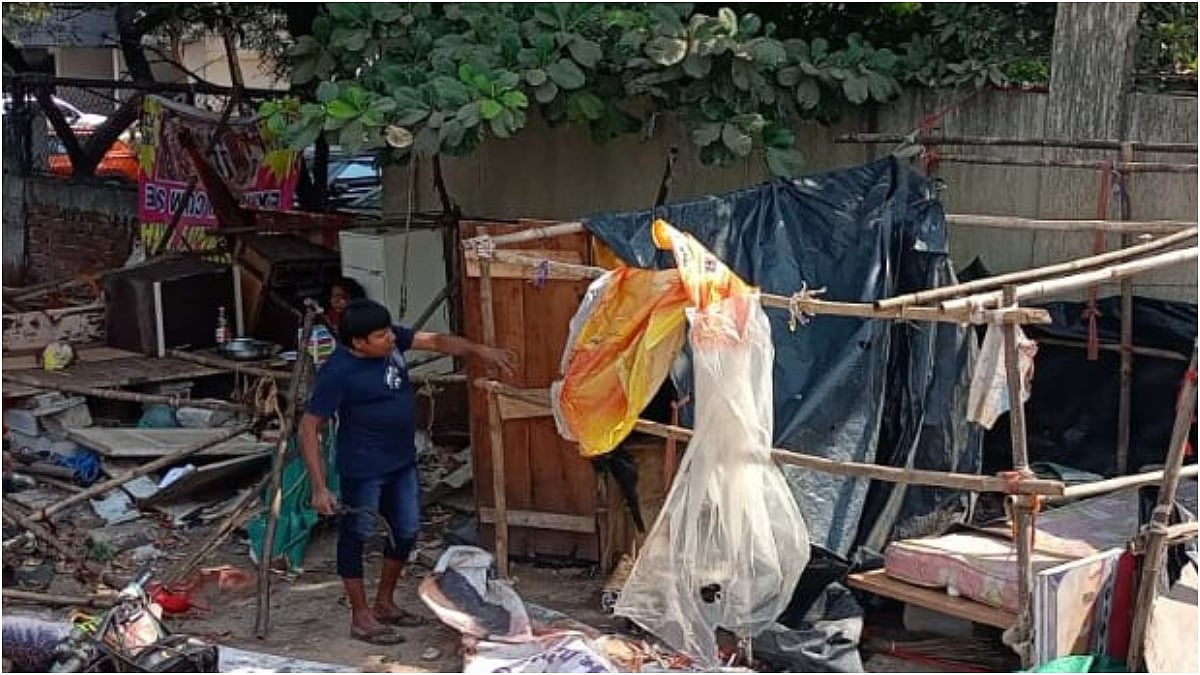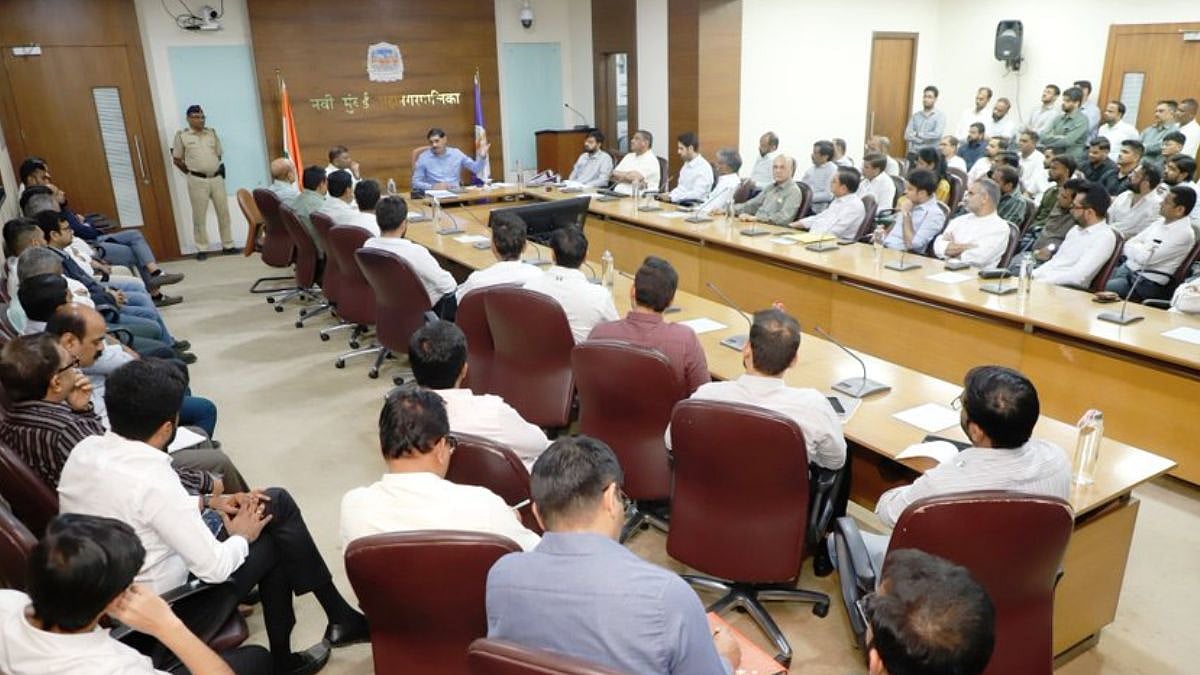Mumbai: The existing 1,910 million litres per day (MLD) treatment plant facility at Bhandup complex is nearing the end of its useful life. Consequently, the BMC has decided to establish a new plant with a capacity of 2,000 MLD. The estimated cost of the project is around Rs. 2,000 crore, and it is expected to be completed in four years.
Tenders invited
The BMC supplies 3,900 MLD of water to the city, which is purified at the filtration plants at Bhandup complex and Pise. The major portion of the city's water supply comes from the treatment plant at Bhandup Complex, the largest treatment plant in Asia with a cumulative filtration capacity of 2,810 million litres per day. There are two units that can filter approximately 1,910 MLD and 900 MLD of water at Bhandup. To meet the growing demand for water supply, a new filtration plant with a capacity of 900 MLD was commissioned in 2014.
However, the 1,910 MLD unit, constructed in 1979, is aging and becoming weak. Hence, civic authorities have invited tenders to set up a 2,000 MLD plant inside the Bhandup facility. "A major repair work, including fixing leakages and installing valves in various pipelines connected to the complex, was carried out in January this year. But the existing plant needs replacement as it is weakening. A new 2,000 MLD plant will be constructed, and during the process, the existing plant will remain operational," stated a senior civic official.
The BMC has allocated Rs. 350 crore in the civic budget for the financial year 2023-24 for the project. The capital cost of the project is approximately Rs. 2,000 crore, which includes 15 years of operational and maintenance costs, according to civic sources. A filtration plant, or water treatment plant, is a facility that purifies water to make it suitable for potable usage, including irrigation and drinking.


